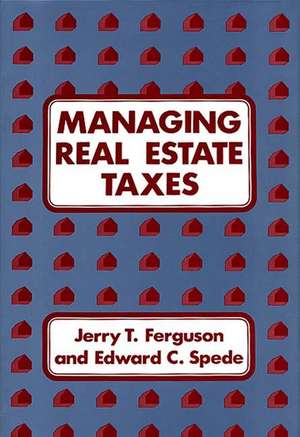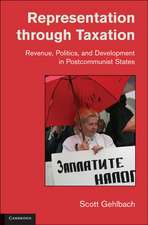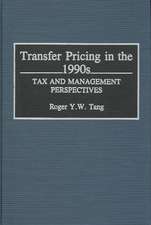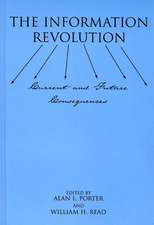Managing Real Estate Taxes
Autor Jerry T. Ferguson, Edward C. Spede, Alan Porteren Limba Engleză Hardback – 28 feb 1986
This convenient reference tool is designed for real estate investors who wish to maximize their tax benefits through a better understanding of real estate law. Ferguson and Spede thoroughly analyze and explain real estate tax laws, as well as the problems and advantages of purchasing, owning, and selling real estate. Specifically explained and illustrated are such issues as calculating excess investment and interest, installment selling, alternative minimum tax, investment credits, recapture of tax credits, trading properties, leases with options to buy, and the establishment of new bases for trade. In addition, the authors emphasize many of the tax traps and pitfalls encountered by investors, including accelerated depreciation, amortization of expenses, and tax write-offs. Also considered are related topics such as personal property taxes, special tax problems, the rehabilitation of historic and older commercial properties, low income housing, rental cooperatives, condominium units, and home ownership taxation. Finally, there is a discussion of tax reform, including the changes brought about by the Deficit Reduction Act of 1984, as well as the possible effects of the flat tax rate proposed by the Treasury Department in January of 1985. The volume is completely cross-referenced, and includes chapter summaries, case histories, and a glossary, as well as numerous tables and illustrations.
Preț: 345.90 lei
Preț vechi: 476.40 lei
-27% Nou
66.19€ • 69.28$ • 55.09£
Carte tipărită la comandă
Livrare economică 31 martie-14 aprilie
Specificații
ISBN-10: 0899301061
Pagini: 196
Dimensiuni: 156 x 234 x 13 mm
Greutate: 0.46 kg
Editura: Quorum Books











